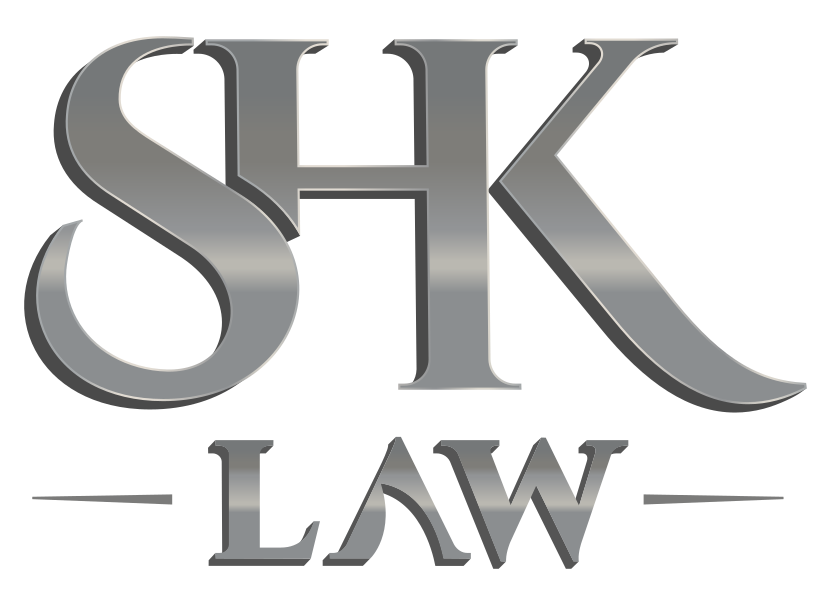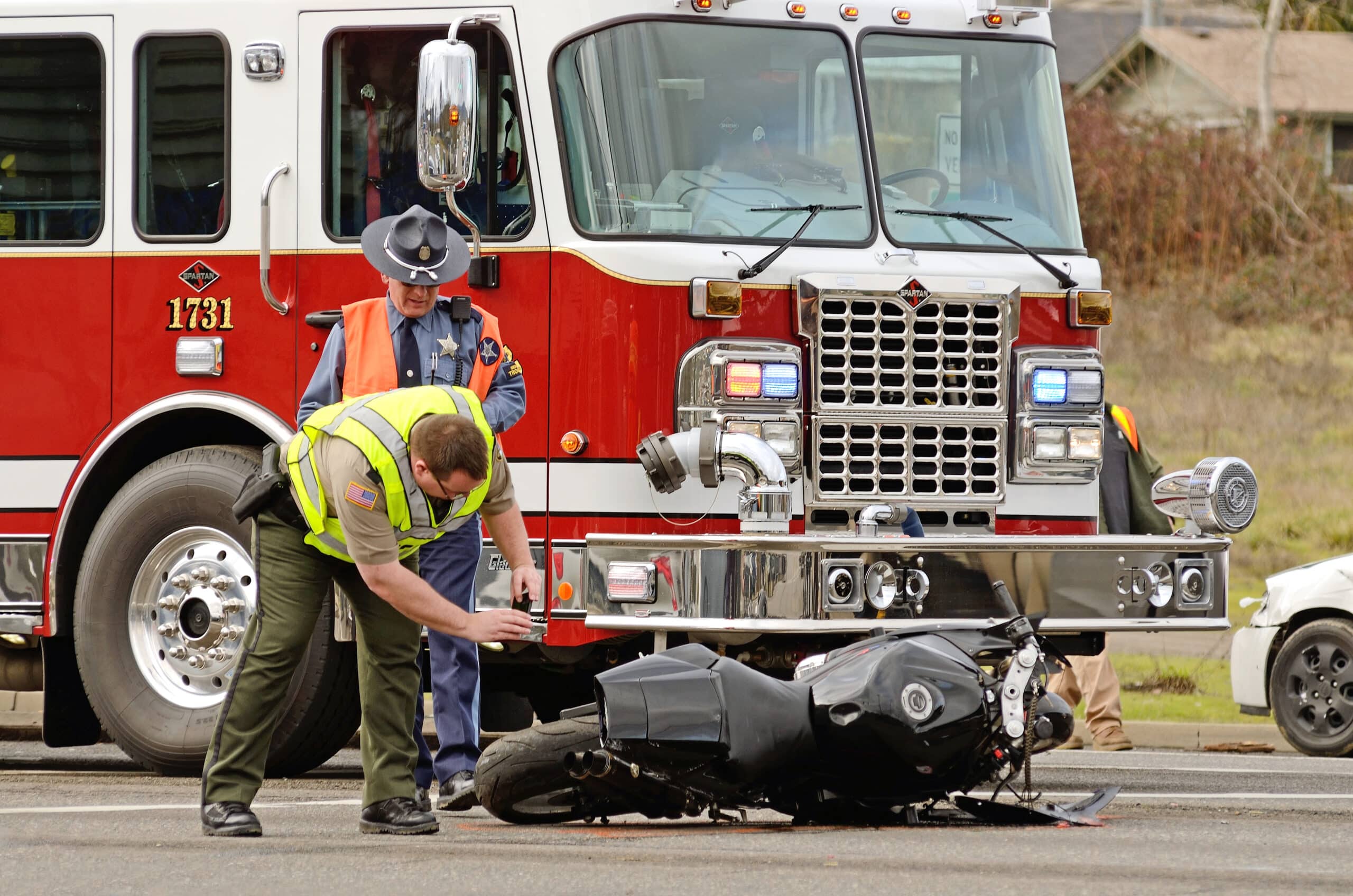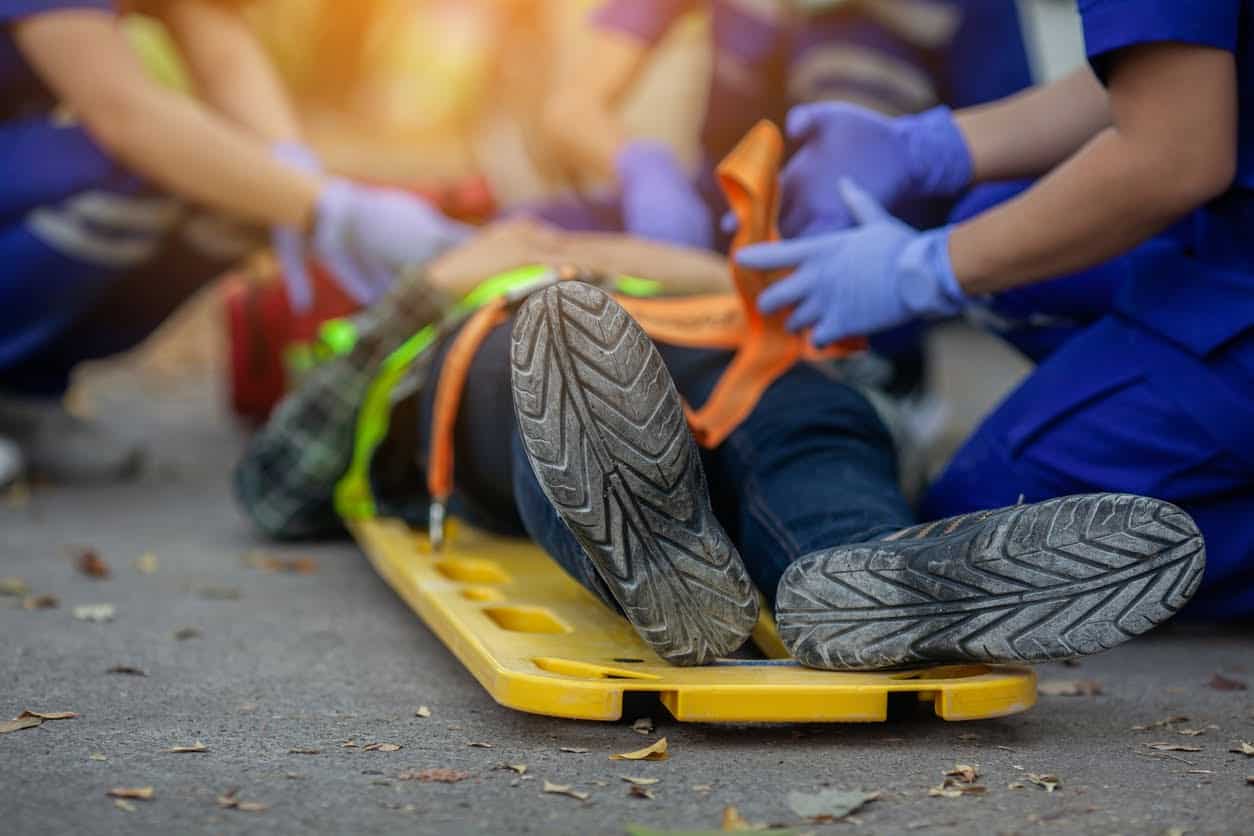In a landmark move to support crime victims, California has passed Assembly Bill 56 (AB 56), significantly expanding the state’s victim compensation program. At SHK Law, we’re committed to helping our clients understand and benefit from these crucial changes. Let’s explore how AB 56 could impact you or your loved ones.
Understanding AB 56: Enhanced Victim Compensation
AB 56 represents a major step forward in California’s commitment to supporting crime victims. This new law broadens the eligibility criteria and increases the scope of compensation available to those affected by criminal acts.
Key Changes Introduced by AB 56
- Expanded Eligibility: More victims now qualify for compensation, including those suffering from emotional and psychological injuries.
- Increased Financial Support: The law raises the maximum compensation amounts for various categories of expenses.
- Extended Time Limits: Victims now have more time to file claims, recognizing that the impact of crime can take time to manifest.
- Broader Coverage: The law now includes compensation for a wider range of expenses related to victimization.
How AB 56 Benefits Crime Victims in California
1. Comprehensive Support for Emotional Trauma
AB 56 acknowledges that the impact of crime extends beyond physical injuries. Victims can now receive compensation for mental health treatment and counseling services, addressing the often-overlooked emotional toll of criminal acts.
2. Financial Relief for a Wider Range of Expenses
The expanded compensation covers more than just medical bills. Victims can now seek reimbursement for:
- Lost wages due to trauma-related inability to work
- Relocation costs for safety reasons
- Home security improvements
- Crime scene cleanup
3. Increased Maximum Compensation Amounts
AB 56 raises the cap on various compensation categories, ensuring that victims receive more substantial financial support to aid in their recovery and rebuilding process.
4. Extended Filing Deadlines
Recognizing that trauma can delay a victim’s ability to seek help, AB 56 extends the time limits for filing compensation claims, ensuring more victims can access the support they need.
Why This Matters: Bridging Gaps in Victim Support
The enhancements brought by AB 56 address long-standing gaps in California’s victim support system. By providing more comprehensive aid, the law aims to:
- Reduce the financial burden on crime victims and their families
- Improve access to necessary mental health services
- Enhance overall recovery and reintegration for victims
How SHK Law Can Help
At SHK Law, our experienced legal team of personal injury attorneys is committed to ensuring our clients receive all the support they’re entitled to under California law.
Take Action: Seek the Compensation You Deserve
If the aftermath of a crime in California continues to weigh on you and your family, remember that there is additional support available. AB 56’s expanded victim compensation program recognizes the ripple effects of these tragedies, offering financial assistance not only to direct victims but also to their loved ones who may be struggling with unforeseen expenses or the emotional toll of the experience. This support can be crucial in covering medical bills, therapy, lost wages, and other essential needs, allowing you to focus on healing and rebuilding. Don’t let the complexities of the legal system deter you from accessing the resources you need and deserve.
Contact SHK Law today for a free consultation.
The information provided on this website does not, and is not intended to, constitute legal advice. Instead, all information, content, and materials available on this site are for general informational purposes only. Information on this website may not constitute the most up-to-date legal or other information. It may also be inaccurate, incomplete, or inapplicable to the person reading it. This website also contains links to other third-party websites; such links are only for the convenience of the reader, user or browser. The content on this webpage/website is provided “as is;” no representations are made that the content is error-free.
Readers of this website/webpage should contact their own attorney to obtain advice with respect to any legal matter. No reader, user, or browser of this site should act or refrain from acting on the basis of information on this site. Instead, they should seek legal advice from counsel in their relevant jurisdiction. Only your individual attorney can provide assurances that the information contained herein – and your interpretation of it – is applicable or appropriate to your particular situation. Use of, and access to, this website or any of the links or resources contained within the site do not create an attorney-client relationship between the reader, user, or browser and the law firm SHK Law, the lawyers at SHK Law, or the authors or contributors of this website.










